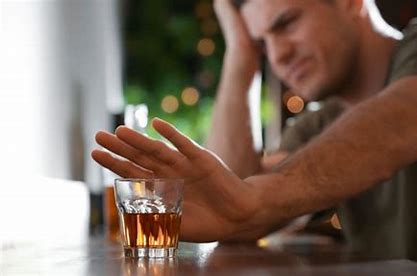Many of us enjoy relaxing with a drink, something that might
be more tempting when isolated at home. But alcohol has a dark side, and not
having any for several weeks will benefit your health, sleep and wallet.
While most of us drink alcohol at levels considered moderate
or low risk, many people’s drinking habits put them at risk of alcohol-related
disease. These diseases are more than just a nasty hangover. Long term
excessive drinking increases your risk of a number of cancers, heart disease
and liver disease, lowers your immunity, and reduces male and female fertility.
The price we pay is high. More than 3 million people died as
a result of harmful use of alcohol in 2016, according to a recent report by the
World Health Organization (WHO). Overall, the report outlined that the harmful
use of alcohol causes more than 5% of the global disease burden.

What’s the benefit from giving up?
If you quit alcohol for five weeks, you can expect the
following:
·
Your sleep quality will improve. Alcohol
interferes with the normal sleep process, affecting the quality of your sleep,
disrupting sleep cycles, and triggering early morning waking. After a good
night’s sleep, you will feel more alert, and your work performance and
concentration will improve.
·
Your cholesterol, blood glucose, blood pressure
and liver fat levels will start to fall. In turn, this will reduce your risk of
cardiovascular disease, diabetes, and alcohol-related liver disease. And
because alcohol contains a significant number of kilojoules, you may begin to
lose weight too.
·
Your skin will look better. Alcohol causes
dehydration so abstaining can leave you with hydrated, healthier-looking skin.
·
Your mental health may improve. Alcohol can
trigger or worsen existing symptoms of anxiety and is known as a depressant. We
know that alcohol affects several nerve-chemical systems within our bodies that
are important in regulating mood.
The message from health authorities is clear: the less you
choose to drink, the lower your risk of alcohol-related harm, and for some
people, not drinking at all is the safest option.
There is no global consensus on recommended maximum intake
for alcohol so the guidelines for safe drinking depend on where you are. In
most cases, it is recommended to consume no more than two standard drinks on
any day and to have several alcohol-free days in a week. The definition of a
‘standard drink’ also differs from country to country, although it is generally
a drink that contains between 10g and 12g of pure alcohol.